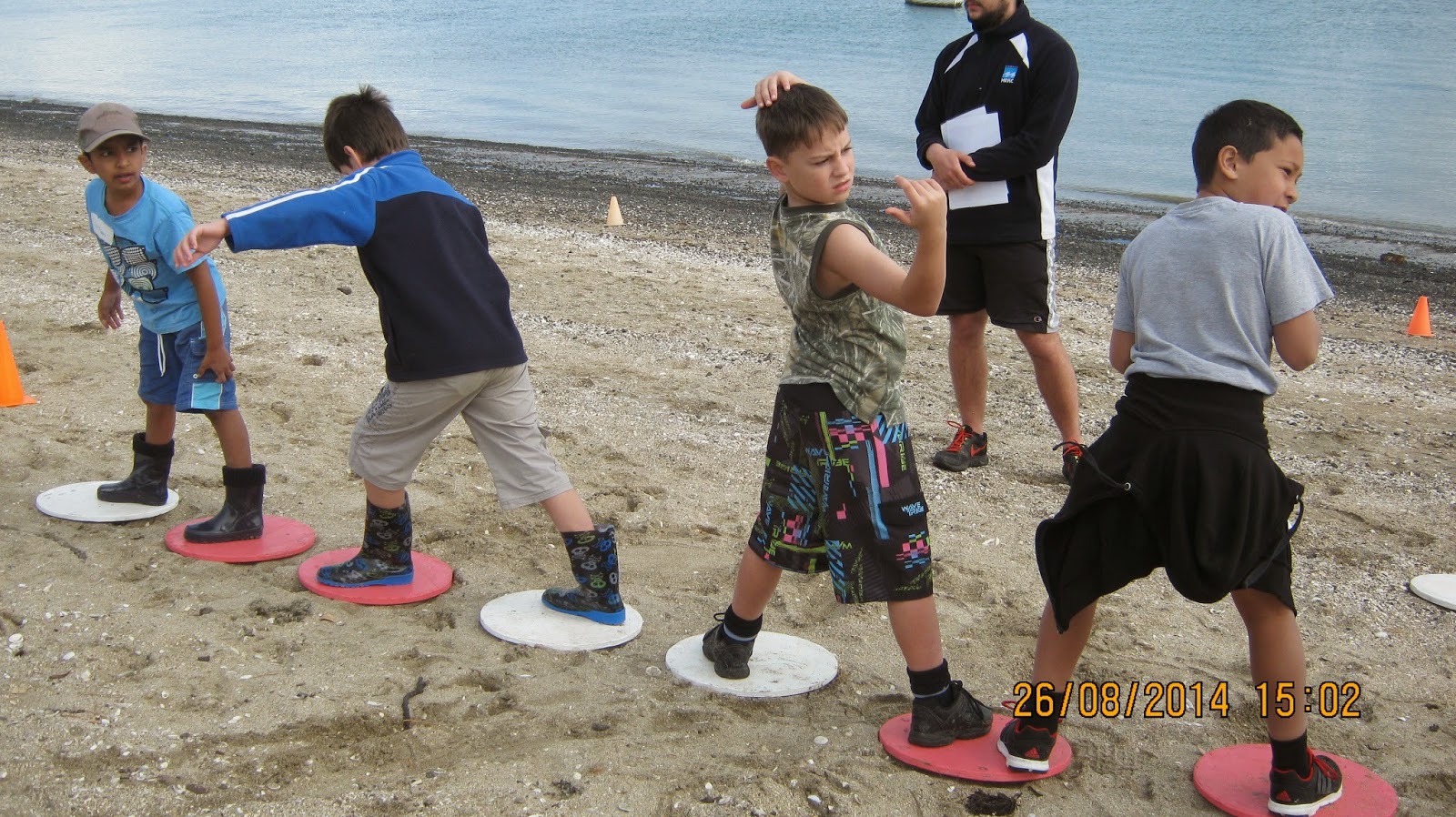Dear Barbara and all the guides on Tiritiri Matangi,
We decided to send you this open letter on our class blog so that our personal understandings can be read by you all and shared with our families too. The following statements are excerpts from our personal writing the day after we visited your amazing island. The photos were all taken by students.
As you know we have been looking at issues around our own school and local reserve (Elm Park Reserve) and considering how community action can help overcome threats to our environments.
We wrote down the key messages from the day:
- we need to change our own behaviours - especially in relation to plastic bags! We need to think of alternatives when we do our shopping
- volunteering is essential - community action is very powerful
- we need to control weeds and predators if we want habitats for our native birds
- always pick up rubbish even if it is not yours!
Here are some other thoughts...
Allan: When Barbara was talking about plastic bags it made me think of our beach cleanup at Bucklands Beach. Plastic bags look like jellyfish and sea creatures go and eat them and they can die. So now I know that instead of using a plastic bag for groceries we can use a shopping bag and for meat we could use a container we take to the shop. I know that plastic rubbish can be eaten by fish or native or non-native birds. So, thanks for giving me all that information and advice about birds and plastic. I know I’ll make sure that I will pick up after myself.
Gemma: I realised that even if it is not my rubbish I should always pick it up otherwise if I don’t it could get into drains or blow to the sea and animals could eat it and die.
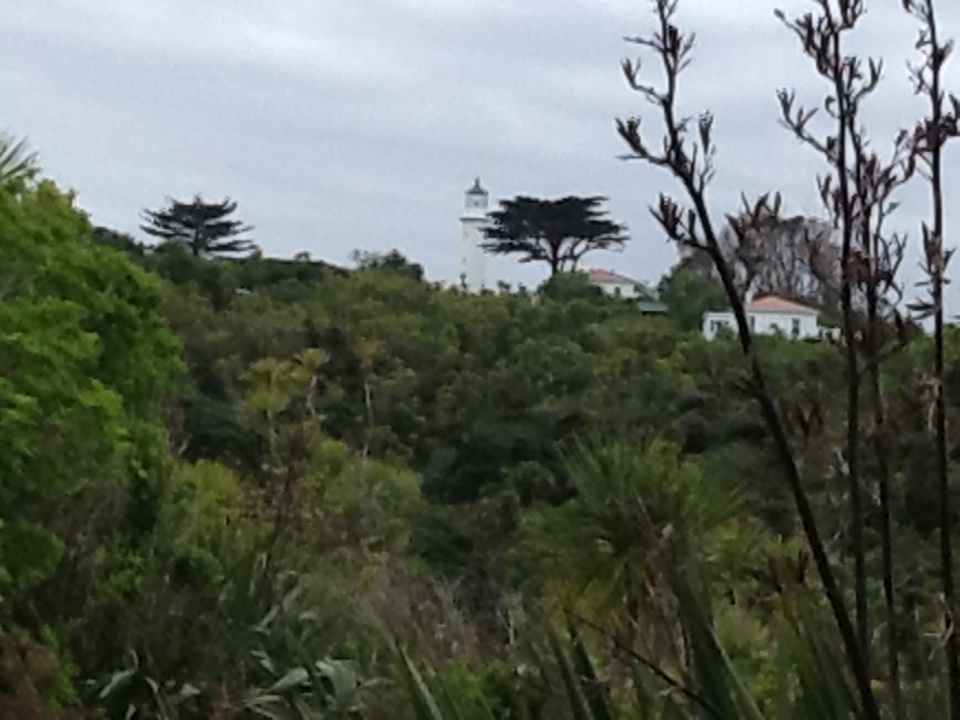
Justin: Thank you Dorothy for helping my group and teaching us about the birds on Tiritiri Matangi. One of my favourite birds was the blue penguin. One of my favourite parts was when we had to find the little animal puppets hanging in the plants and trees. Also thank you for leading us up the hill.
Riley: I think Tiritiri Island is a great island because it’s got lots of native birds some that I have never heard of before.
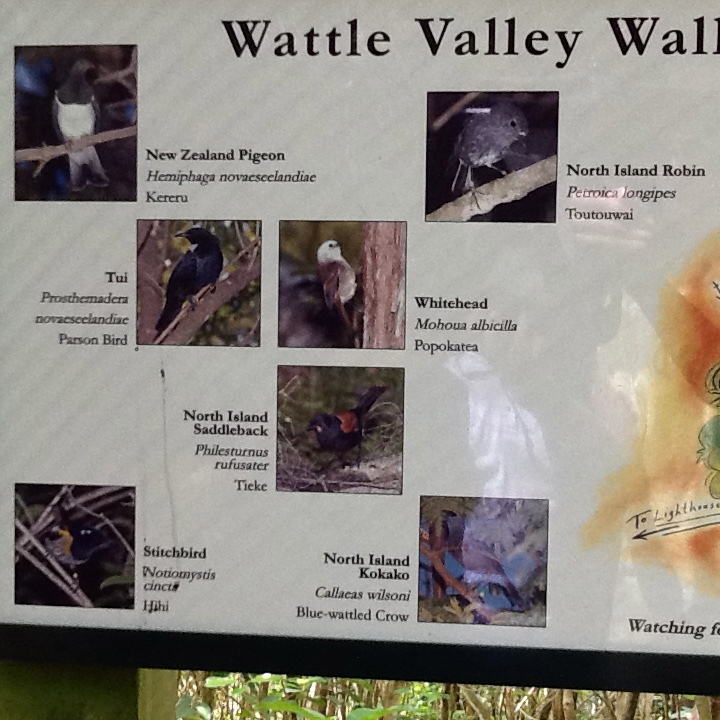

Hannan: We saw a lot of different species of birds and New Zealand’s oldest lighthouse. It felt a little bit creepy because I had never seen a real lighthouse before.
When Barbara said, “Pick up rubbish,” I got really interested because I am an Eco Warrior at school and we pick up rubbish around the Pakuranga stream.
The idea that affected me the most was when Barbara said we shouldn’t use plastic bags because they can be blown away and end up in the sea.
Artemas: When we got into our groups we listened to volunteers speaking about Tiritiri. First we saw these brown ducks in a pond. The ducks were rare and endangered. I learned that we should be careful to protect rare birds.
Shelby: Dorothy showed us a nest with some eggs. She said to look out for some birds and we saw whiteheads, tuis, and saddlebacks. We also saw tuis and other birds drinking from a drinking bird bath.
When we listened to Barbara we learned that we need to change our behaviour, be weed and predator free, and also pick up rubbish even if it is not yours. That made me think about people dumping rubbish everywhere and animals dying. What I will do different is stop dropping rubbish.
Tianna: Our guide Caroline showed us around the island and we saw plants we have seen before and some plants we have not seen before. We had to find these little muppets too .
Aliah: Yvonne was our guide and she told us about the birds and what they did. Then we had a finger puppet animal hunt and we found the puppets.
Shreya: We worked in groups of 7 or 8. Then we set off with our guide, Yvonne. We started to hear some birds because we were so quiet. We heard lots of saddlebacks.
Richelle: The Tiritiri Matangi trp was the best trip that I have ever been on. In the holidays I am going to take my family there because when I got home and started telling them about it they loved it even when they have never seen it. I really loved the birds because I had not seen those birds before. My favourite birds were the tui, the North Island robin, the bellbirds and the blue penguins.
Cameron: The trip that R13 did to Tiritiri Matangi was AWESOME! The island is very quiet and protected, the perfect place for native birds. We saw whiteheads, saddlebacks, kakariki, quail and one group even saw some takahe. But my favourite was the little blue penguin. The lighthouse was awesome too. You can’t go inside but you can look through the windows and by doing that you can tell that it is old.
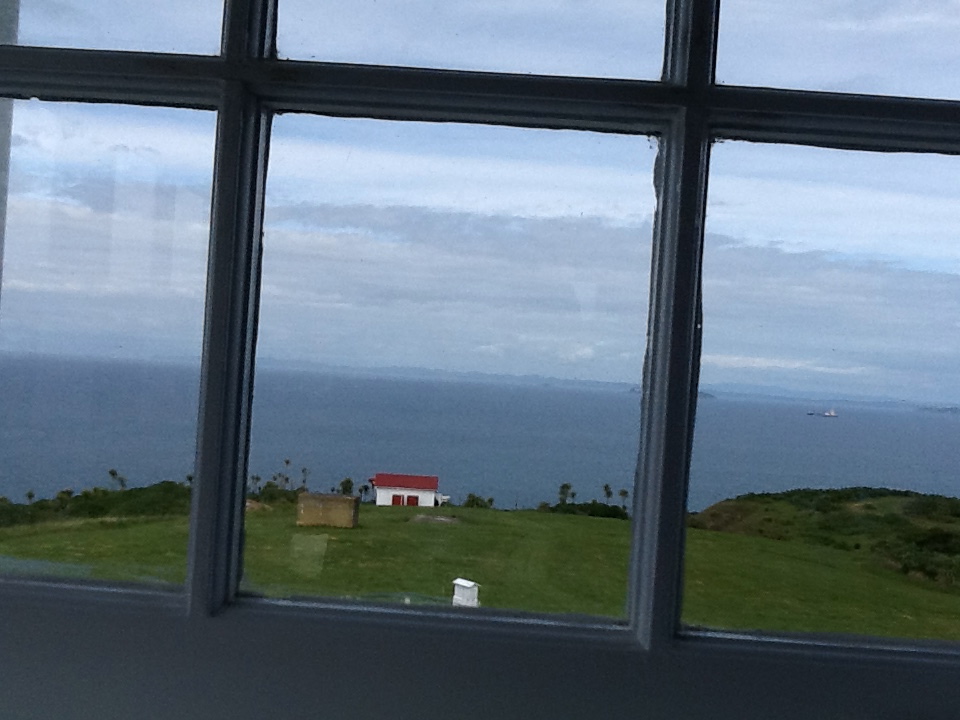
Seth: We started our journey with Caroline. After we saw the little blue penguins we walked up a grassy slope and we suddenly heard a sound…”What’s that? we whispered. “It is a tui, a glorious tui,” I thought.
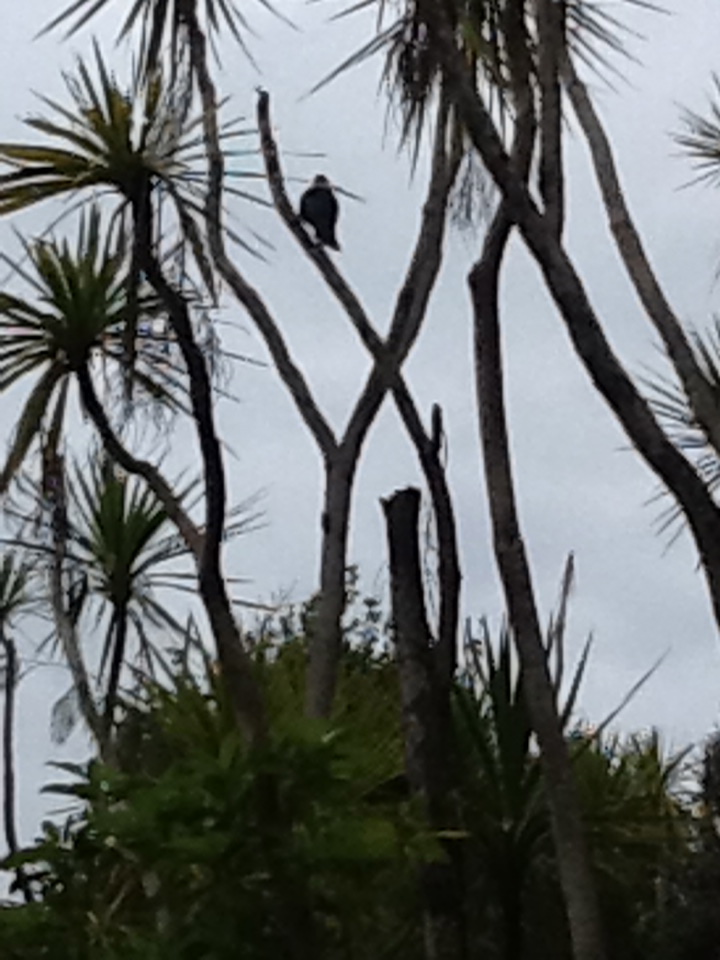
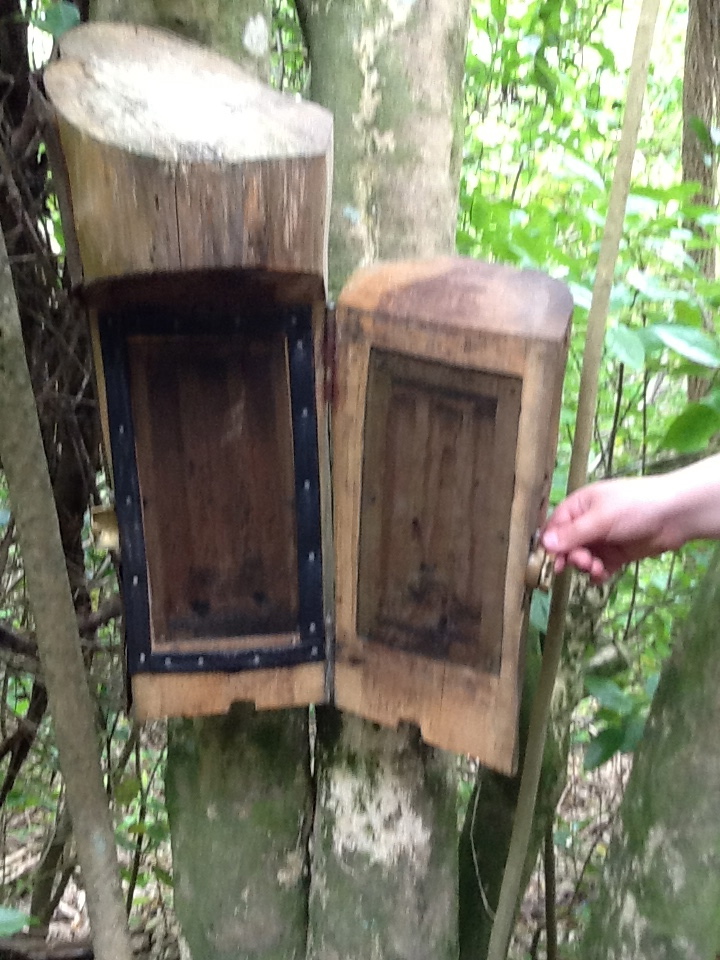
Off we went to the weta house. There were some small wetas and I was suprised a little bit.
We wondered where the entance was.
“It is under the weta house,” Caroline said.
Then off we went to explore the bird feeding station and we saw a tui chasing another bird to protect its food. It was amazing.





































